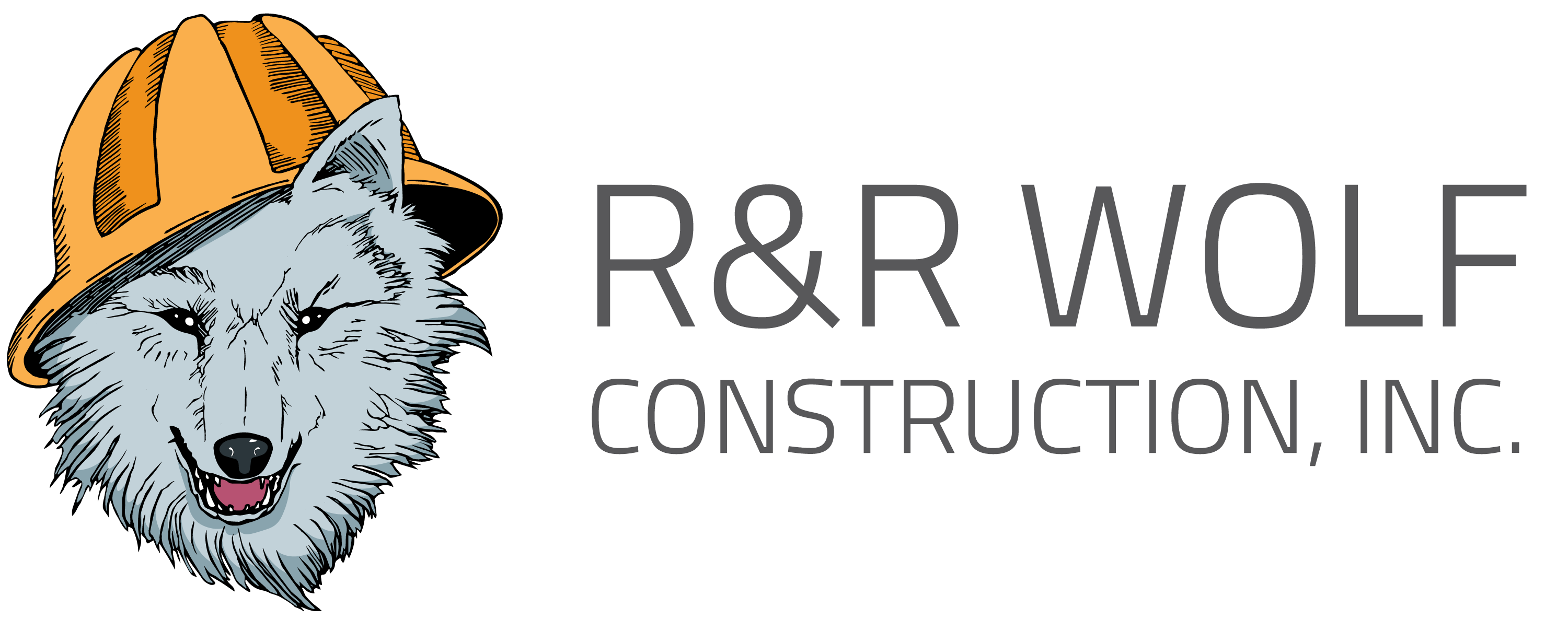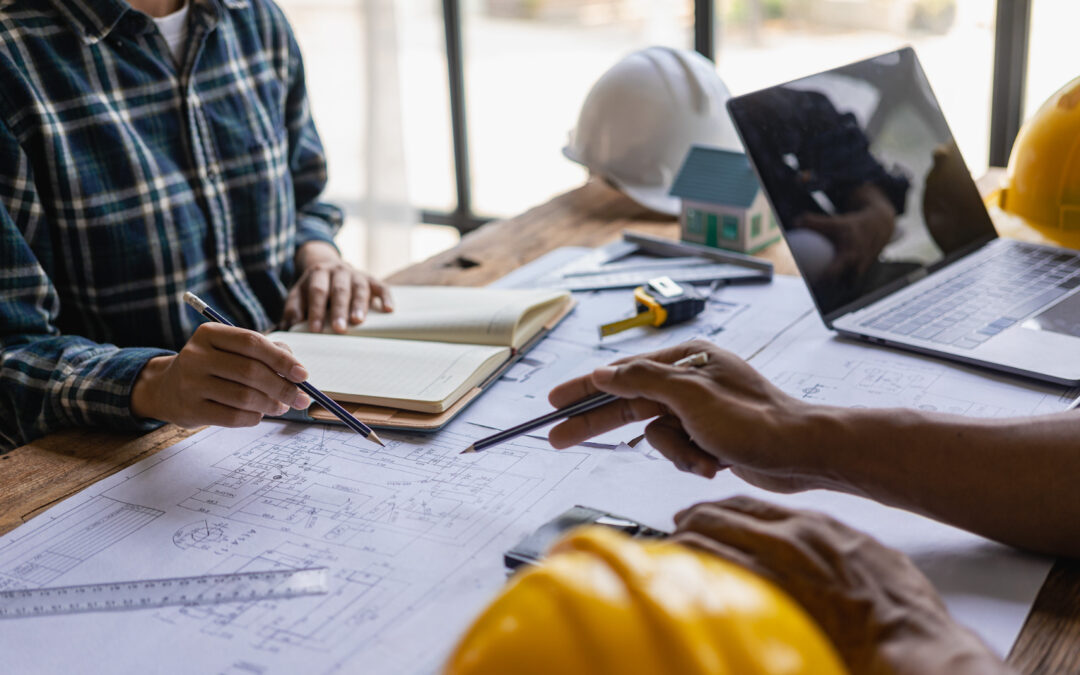When it comes to construction or other facilities projects, project owners or tenants may find it helpful to hire a project manager. This person can bring vital experience and focus to the project, ensuring a smooth process from start to finish while saving time and money. This is especially useful for those who do not undertake facilities projects frequently, and/or lack the necessary in-house expertise, resources, or inclination to manage the design process, RFP creation and distribution, team selection, and contract and construction management.
You already have the necessary knowledge, and you have recently employed a Project Manager. What should be your next step? The Project Manager should be accountable for various essential aspects of any facilities project, which may differ depending on the project’s size and requirements. Typically, these responsibilities usually include:
Step 1: Project Planning Before construction commences, a PM leads through various preparatory stages, including:
- Defining the Project Vision: Aligning stakeholders on objectives and success criteria.
- Budget Formation: Determining available project funds.
- Timelines: Identifying deadlines, lease dates, and business needs.
- Budget Development: Creating a realistic budget based on cost estimates.
- Project Timeline: Outlining crucial deliveries and deadlines.
- Crafting RFPs: Formulating Requests for Proposals for potential team members.
Step 2: Assembling and Managing the Project Team The PM plays a pivotal role in forming and overseeing the project team, serving as the client’s representative:
- Recommending Team Members: Based on experience and industry knowledge.
- RFP Distribution: Sending RFPs to potential team members.
- Proposal Assessment: Reviewing proposals and interviewing consultants.
- Team Management: Building relationships, managing contracts, and resolving disputes.
- Clear Communication: Ensuring consistent updates among team members.
Step 3: Ensuring Timely Completion within Budget The PM guarantees project alignment with budget and schedule, making necessary adjustments:
- Attending Municipal Meetings: Participating in planning and design discussions.
- Regular Reviews: Ensuring project progression.
- Cost Oversight: Monitoring expenses against initial estimates.
- Cost Management: Employing value engineering to cut costs if needed.
Step 4: Risk Mitigation Leveraging their expertise, the PM minimizes project-related risks:
- Legal and Business Expertise: Establishing relationships and protecting the owner.
- Risk Management: Mitigating owner risks from contractor default and litigation.
Step 5: Post-Construction Even after project completion, the PM’s role extends to guarantee a smooth transition:
- Future Planning: Preparing for maintenance, follow-up projects, or next phases.
- Occupancy Assistance: Aiding the owner in occupying the space.
- Defect Resolution: Addressing any post-construction issues.
- Furnishings and Equipment: Coordinating deliveries and installations.
A project manager plays a critical role in the success of any project. They must be meticulous, organized, and able to manage time effectively. Additionally, they should possess strong leadership and conflict-resolution skills. When you hire a PM, it’s important to ensure that they understand your interests and goals and that they work towards achieving them. Even though there are certain things you can do to prepare for the project, a skilled PM will guide you through every step of the process, from beginning to end, with clear and competent communication.

